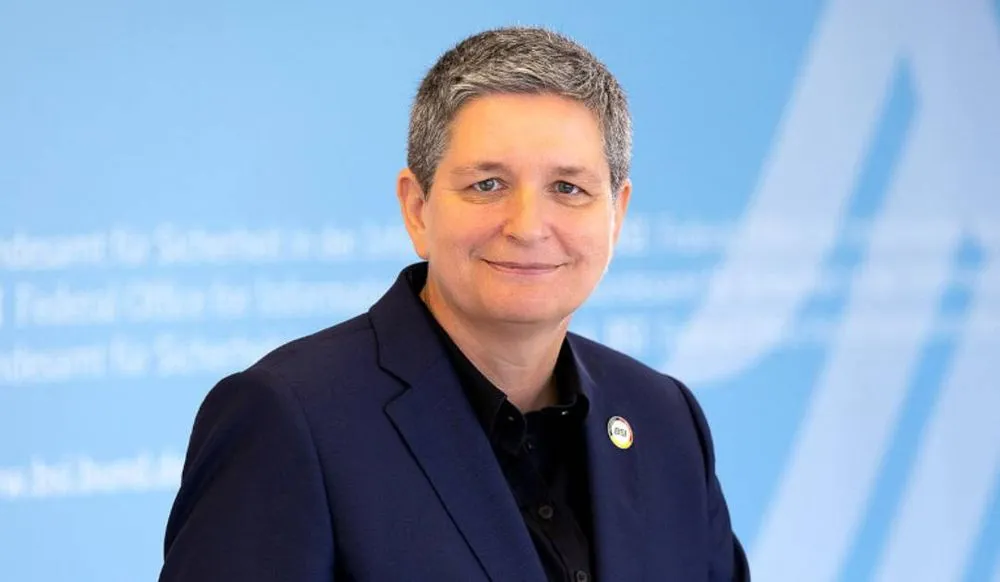Germany must be able to defend itself, warns new cybersecurity chief
Germany’s new cybersecurity chief, Claudia Plattner, told journalists on Friday that the country needed to defend itself amidst a surge in attacks on hospitals, local government authorities and private sector businesses in the country.
Formerly the director general for information systems at the European Central Bank (ECB), Plattner began her role this week as the president of the Federal Office for Information Security (BSI).
In a formal presentation to journalists in Berlin, Plattner warned that attacks targeting Germany from Russia, China, and Iran were all increasing, with a particular reference to the country’s critical infrastructure — something she explored a day earlier in an interview with the Süddeutsche Zeitung newspaper.
The newspaper reported that the minister for the BSI, Nancy Faeser, is seeking to give the cybersecurity agency additional powers, as it is currently limited to providing administrative assistance in the event of an attack.
Plattner, 49, is a trained mathematician, with master’s degrees in both mathematics and applied mathematics. She joined the BSI in the wake of a scandal around the departure of the former president Arne Schönbohm, following accusations that he had associated with a business connected to the Russian intelligence services.
Schönbohm was suspended in October 2022 after a late-night satirical television show called ZDF Magazin Royale revealed he had delivered a speech at a trade association whose members included a business called Protelion, a subsidiary of a Russian company founded by an individual who formerly worked for the KGB and has been honored by president Vladimir Putin.
In a later report in Der Spiegel, several of the allegations included in the show were contradicted, including that Schönbohm’s speech was improper — the magazine reported it had been sanctioned by the BSI — and that it may have led to undue influence at the agency, which had rejected an application for software certification submitted by Protelion in March 2021.
The Interior Ministry said at the time that Schönbohm’s was suspended “out of concern for the person who is the focus of the debate” as well as for BSI’s employees “who can now carry out their work, which is so important for IT security in Germany, independently of personal speculation.”
The ministry said that the allegations against the former president were being “thoroughly and vigorously examined and subjected to an in-depth assessment.
“Until the conclusion of this examination, the presumption of innocence applies to Mr Schönbohm as a person.”
Schönbohm was removed from office before the investigation concluded. A spokeswoman for the Interior Ministry told Recorded Future News on Friday that the “preliminary examinations for the initiation of disciplinary proceedings with the aim of clarifying the facts in the interest of the official” were now complete.
The spokeswoman added: “Schönbohm has been transferred to the Federal Academy for Public Administration (BAköV) with effect from January 1, 2023, where he has been appointed President of the BAköV and at the same time Special Representative for the modernization of the training landscape.”
Alexander Martin
is the UK Editor for Recorded Future News. He was previously a technology reporter for Sky News and a fellow at the European Cyber Conflict Research Initiative, now Virtual Routes. He can be reached securely using Signal on: AlexanderMartin.79



